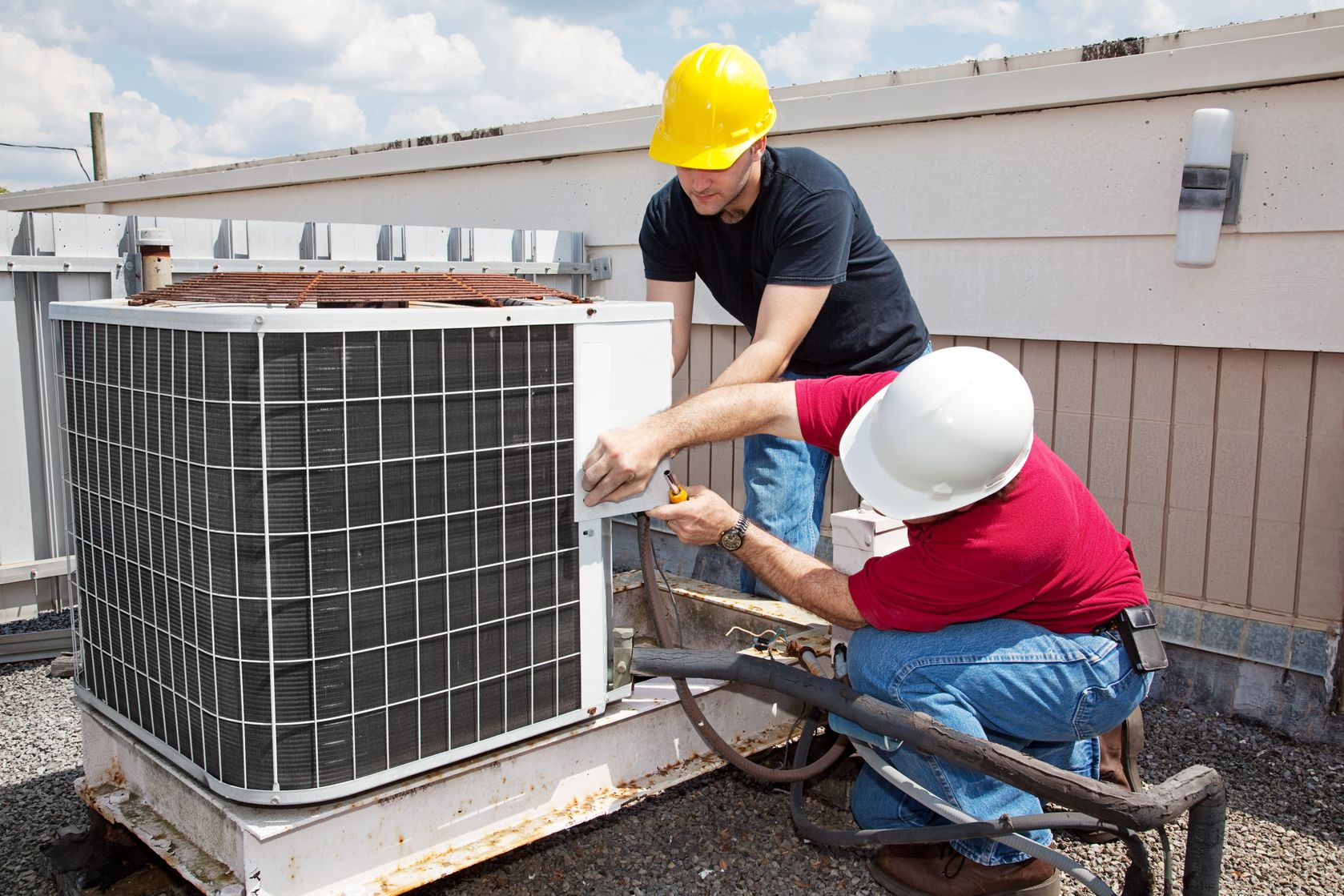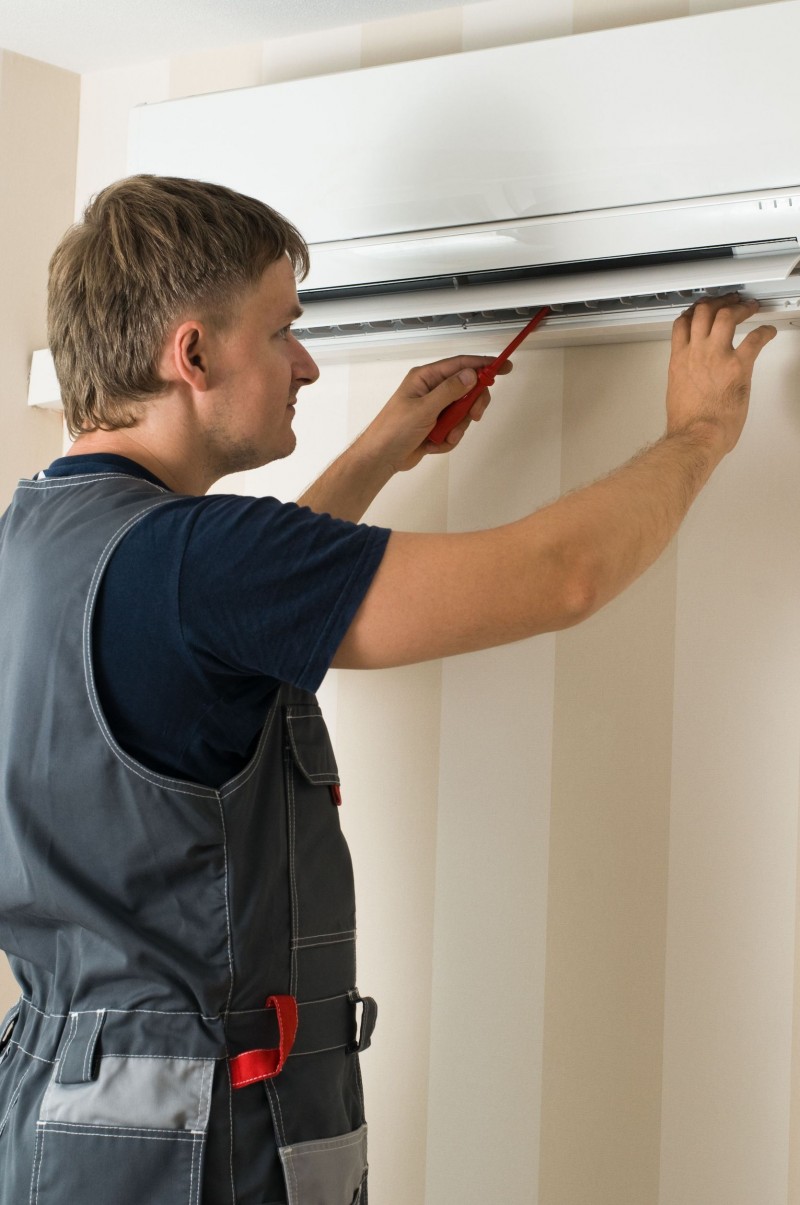The demand for air conditioning across the United States has seen a dramatic increase over the last two decades. In a report by the U.S Energy Information Administration, it was reported that 2017 was estimated to use 1.28 quadrillion British thermal units to provide cooling in the hot months.
In Roswell, the need for effective air conditioning systems for homes and businesses is very similar to the rest of the state and the country. As older homes are upgrading their systems and new homes are constructed using cutting-edge technology, the efficiency of systems is increasing while the ongoing cost of operation is decreasing.
There are several new air conditioning technologies that are contributing to the increased efficiency and decreased the cost of operation of these systems. To get a sneak preview of what is in the research and development phase, here are some concepts that are on the horizon.
More Efficient Heat Exchangers
Leaks in heat exchanger units lead to environmental concerns as well as inefficiency in the system. New designs that limit the number of joints and welds in the design naturally eliminates the risk of leaks, increasing efficiency and environmentally safe operation of the systems.
More Efficient Heat Pumps
Heat pumps are becoming more common in many of the warmer areas of the United States. In Connecticut at the United Technologies Research Center, they are testing a heat pump that will operate without the need for any chemical refrigerants. This is estimated to increase efficiency, but up to 25%, while also making the system more stable even in extremely hot weather.
Complete Systems
At the University of Florida, research is ongoing to complete a prototype of an air conditioning, dehumidifier and water heater combination. This would allow for heat transfer for hot water while also resulting in increased cooling capacity and dehumidification all through a single system. This will provide Roswell homeowners with another option to consider when upgrading their existing HVAC systems in the future.


